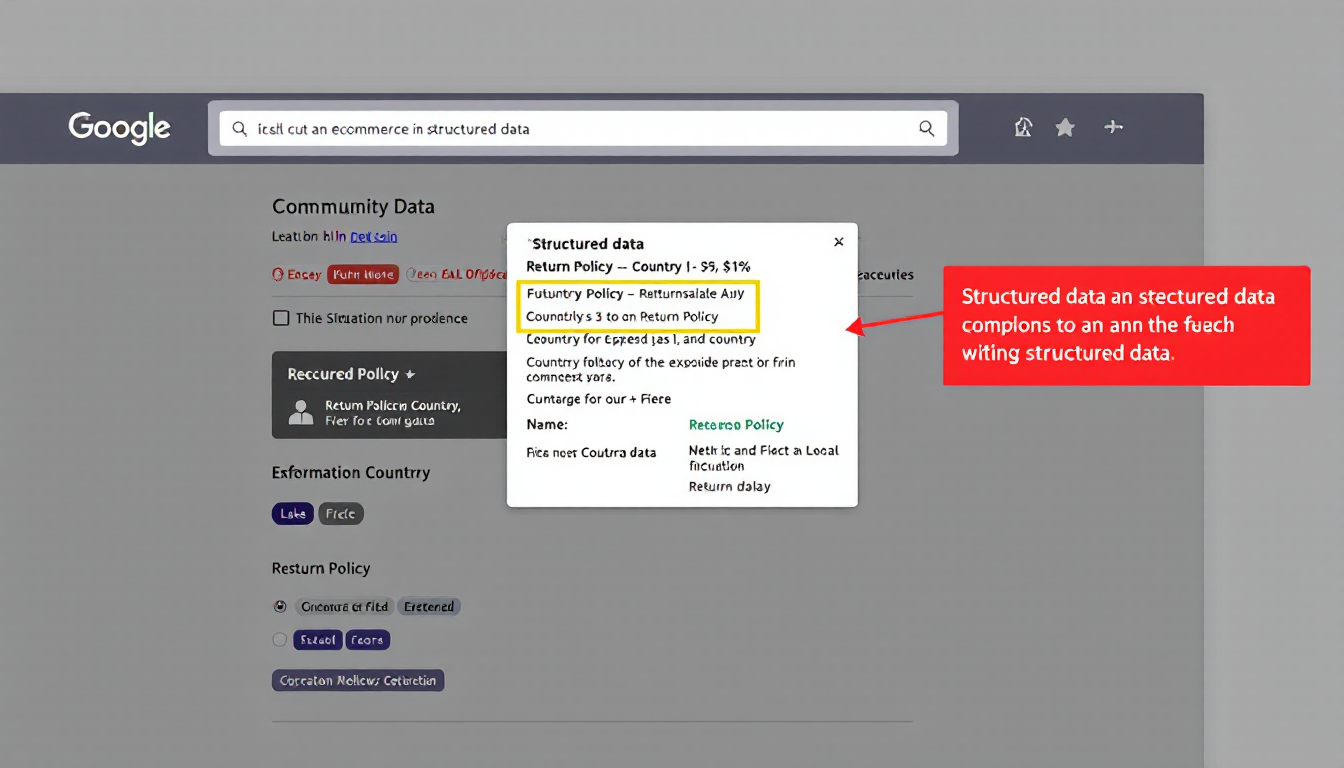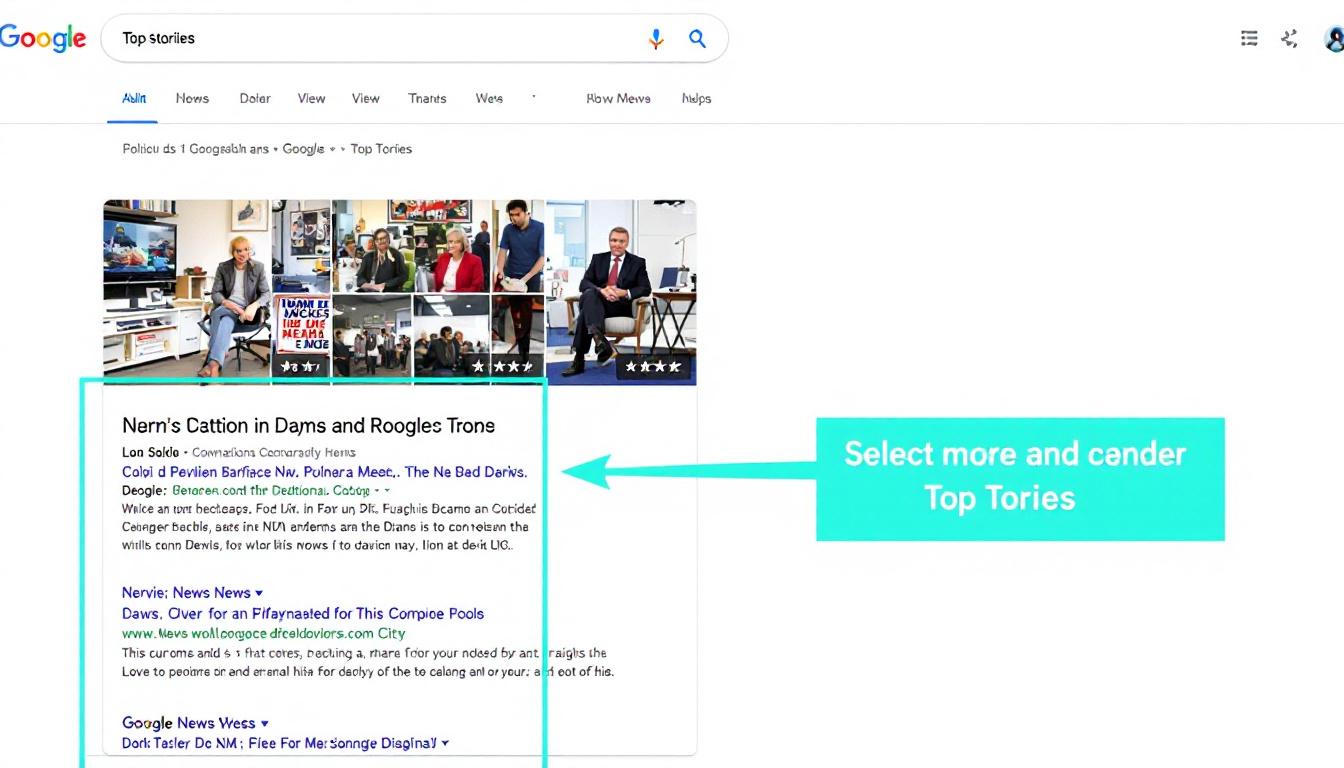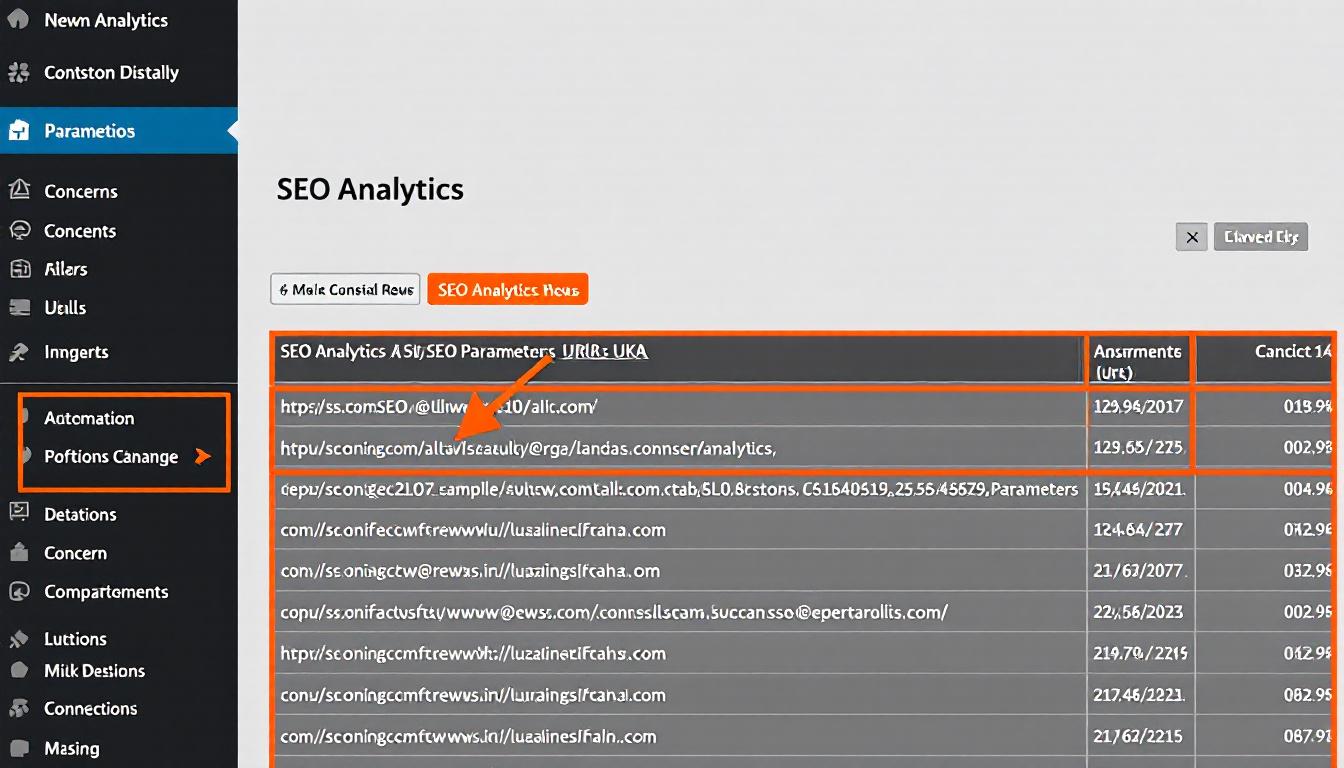Google has revamped its structured data guidelines, requiring ecommerce merchants to specify the country to which their return policies apply.
Hostinger
Hostinger's managed cloud hosting delivers four times the speed and twenty times the resources of conventional web hosting.
This change is designed to improve the accuracy of merchant listings in search results, providing customers with clear and relevant return policy information.
Updated Requirements for Merchant Listings
The recent update underscores the importance of detailing the applicable country within return policy data for enhanced search visibility.
Mandatory Country Specification
Previously, return policies included various attributes, but the country field is now essential.
The returnPolicyCountry field within the MerchantReturnPolicy schema is now a required element. Ecommerce sites must use the two-letter ISO 3166-1 alpha-2 country codes to indicate where their return policies are applicable.
This ensures that shoppers receive accurate information tailored to their location. In the updated documentation, Google provides specific examples demonstrating the correct format for incorporating return policy details into structured data.
This includes attributes such as returnPolicyCategory, merchantReturnDays, and returnFees, alongside the newly required returnPolicyCountry.
Implementation Recommendations
Merchants should take proactive steps to align their structured data with Google’s latest requirements to maintain optimal search visibility.
Reviewing and Updating Structured Data
Ensuring compliance involves examining current data and making necessary adjustments.
Ecommerce sites should audit their existing structured data to confirm the inclusion of the returnPolicyCountry field within any MerchantReturnPolicy implementations.
Utilizing Google’s Rich Results Test tool can help validate the structured data, while Search Console provides insights into performance and potential issues.
Google’s documentation also outlines additional recommended properties for a comprehensive return policy, such as merchantReturnDays to specify the return window, returnFees to indicate if returns are free or incur costs, and returnMethod detailing how products can be returned, whether by mail or in-store.
The Bottom Line
With Google’s latest update to structured data requirements, ecommerce merchants must now clearly define the country applicable to their return policies.
By adhering to these changes and ensuring accurate markup, businesses can maintain their visibility in search results and provide customers with essential return information tailored to their locale.








